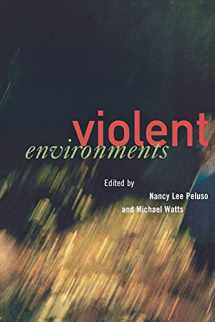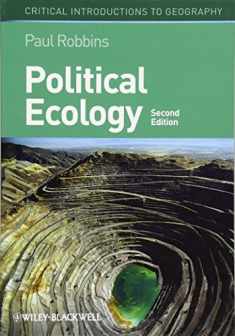
Violent Environments
Book details
Summary
Description
Do environmental problems and processes produce violence? Current U.S. policy about environmental conflict and scholarly work on environmental security assume direct causal links between population growth, resource scarcity, and violence. This belief, a staple of governmental decision-making during both Clinton administrations and widely held in the environmental security field, depends on particular assumptions about the nature of the state, the role of population growth, and the causes of environmental degradation.
The conventional understanding of environmental security, and its assumptions about the relation between violence and the environment, are challenged and refuted in Violent Environments. Chapters by geographers, historians, anthropologists, and sociologists include accounts of ethnic war in Indonesia, petro-violence in Nigeria and Ecuador, wildlife conservation in Tanzania, and "friendly fire" at Russia's nuclear weapons sites.
Violent Environments portrays violence as a site-specific phenomenon rooted in local histories and societies, yet connected to larger processes of material transformation and power relations. The authors argue that specific resource environments, including tropical forests and oil reserves, and environmental processes (such as deforestation, conservation, or resource abundance) are constituted by and in part constitute the political economy of access to and control over resources. Violent Environments demands new approaches to an international set of complex problems, powerfully arguing for deeper, more ethnographically informed analyses of the circumstances and processes that cause violence.


We would LOVE it if you could help us and other readers by reviewing the book
Book review




